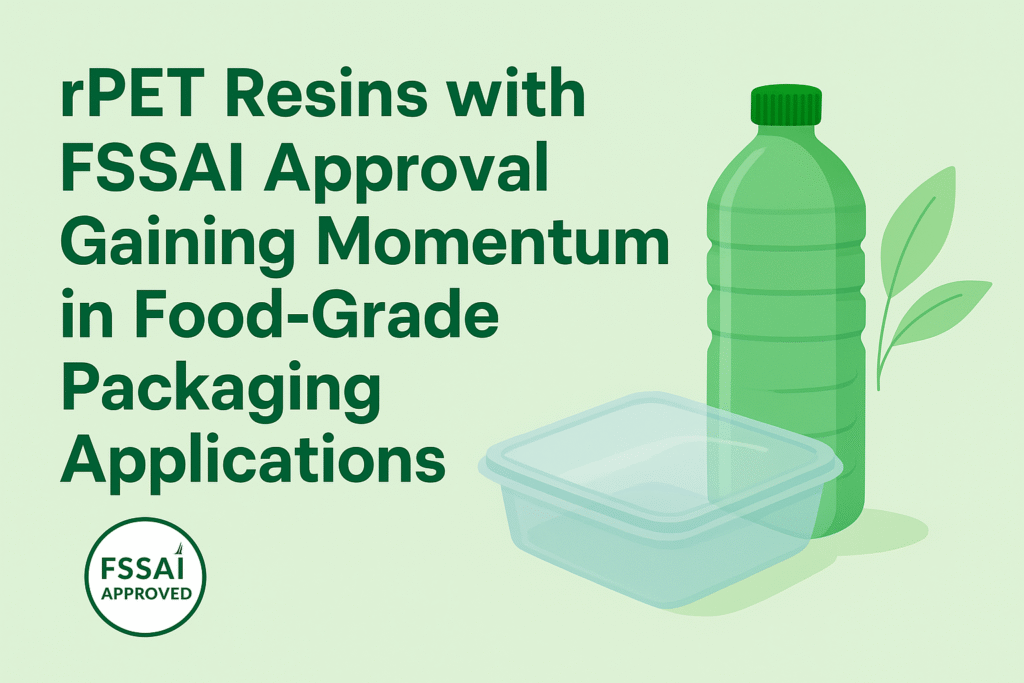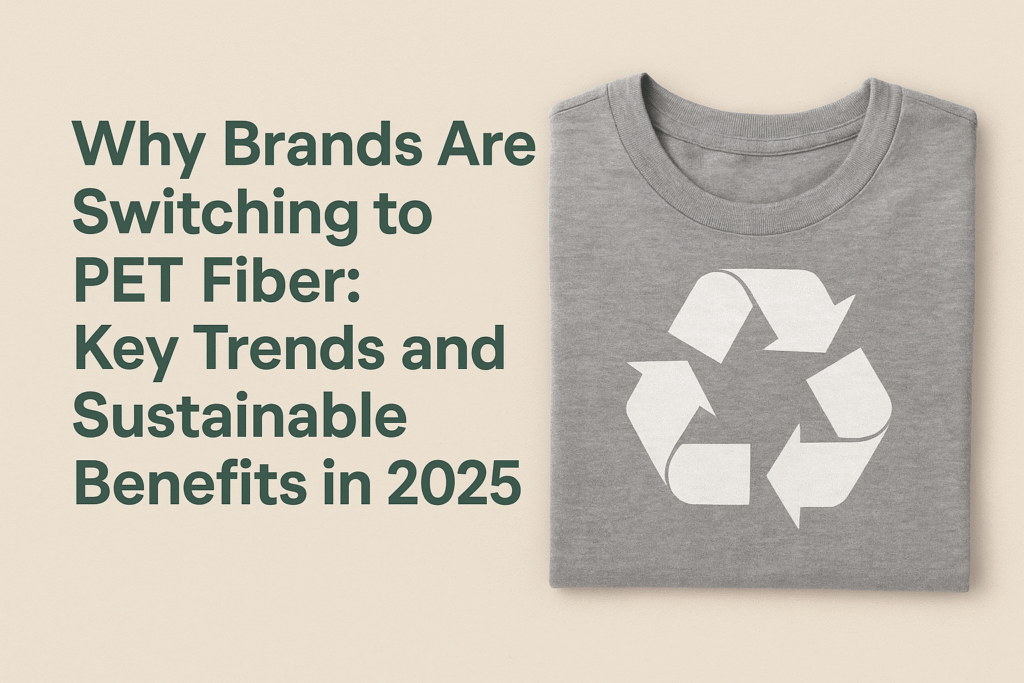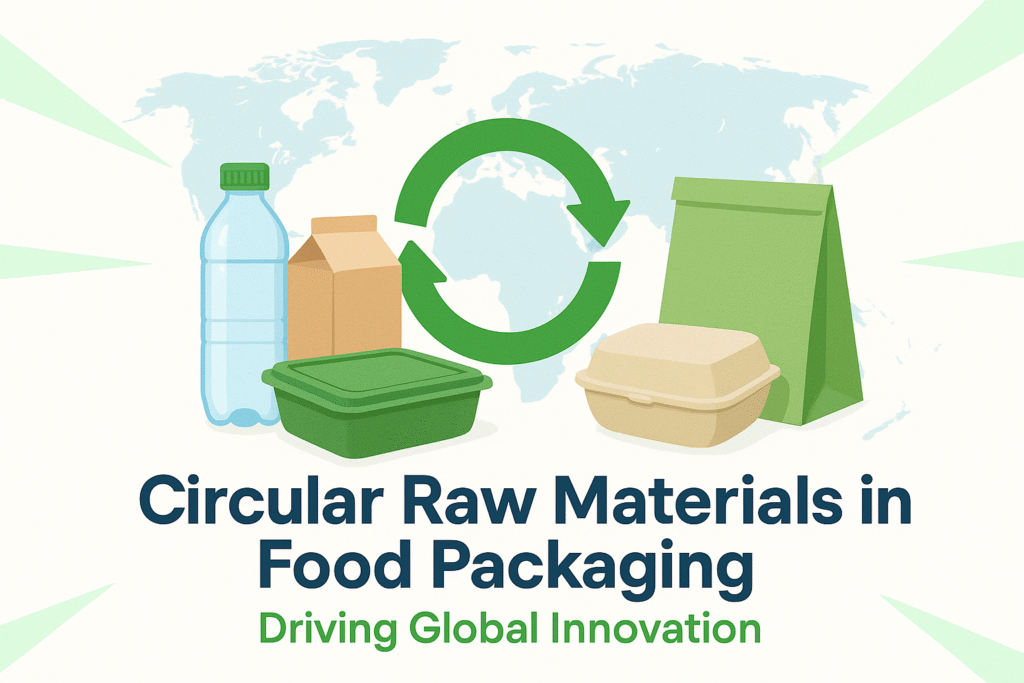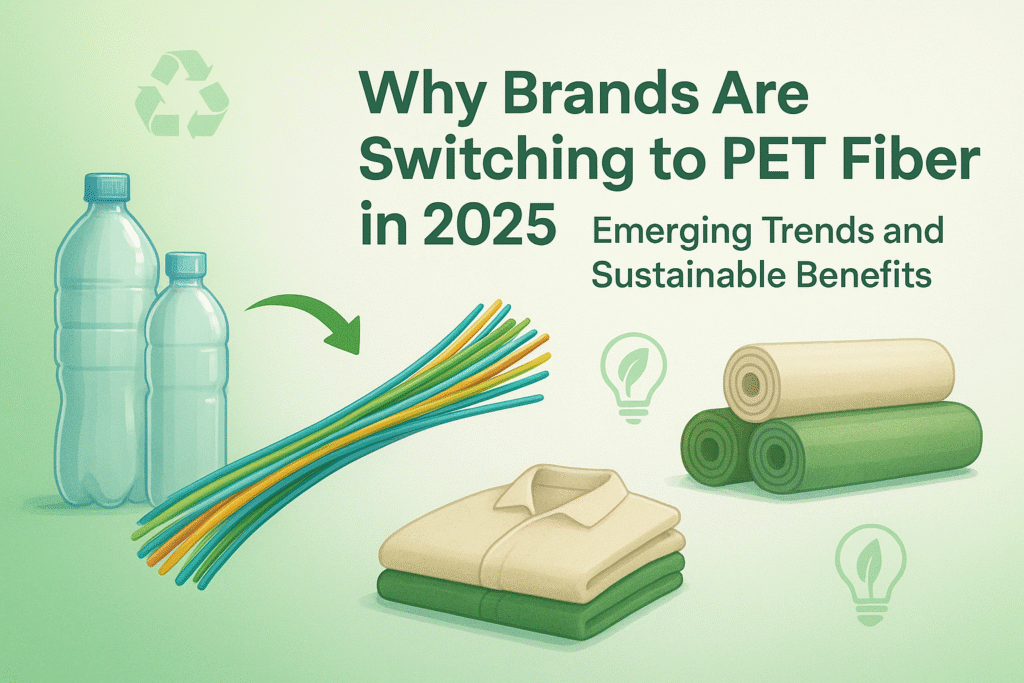PET is one of the most commonly used packaging materials in the beverage industry. Lightweight, shatterproof, and recyclable, PET bottles are used for water, soda, juices, and even alcoholic beverages. Questions regarding their safety for various types of drinks often arise, especially with increased consumer awareness about health and sustainability. This article would outline the safety of PET bottles, their use in various drinks, and some of the best practices regarding the use of PET bottles.
Understanding PET Bottles
PET is one of the most common plastics used in packaging. It is tough, transparent, and shatter-resistant. The chemical inertness of PET allows it to hold carbonated and non-carbonated beverages. PET bottles are also approved by health authorities for food and beverage applications. Examples include the U.S. Food and Drug Administration (FDA), the European Food Safety Authority (EFSA), and others around the world.
Safety of PET Bottles
1. Approved by Health Authorities
PET bottles are put through comprehensive testing before they are approved for usage. Regulatory agencies make sure that PET does not leach into the beverages it holds hazardous chemicals under normal conditions of usage. Studies have been conclusive in showing that PET bottles are nontoxic and do not pose a danger to human health when used properly.
2. Harmless to Chemicals
One common misconception is that PET bottles contain Bisphenol A (BPA), a chemical found in some plastics that has raised health concerns. PET is completely BPA-free. Additionally, PET bottles do not contain phthalates, another group of chemicals often associated with plastics.
3. Resistant to Contamination
PET’s impermeable surface prevents bacteria and other contaminants from penetrating the material, making it safe for storing beverages over extended periods.
Suitability for Different Types of Drinks
PET bottles are safe for most beverages, but the performance and life vary with the type of drink being stored.
1. Water and Non-Carbonated Beverages
PET bottles are very suitable for water and non-carbonated beverages like iced tea, juice, and sports drinks. Their lightweight nature and durability make them ideal for on-the-go consumption.
2. Carbonated Drinks
Other carbonated drinks, such as soda and sparkling water, can be safely packaged in PET bottles because they can withstand the pressure generated by carbonation from inside without affecting the integrity of the bottle.
3. Liquors
PET bottles are mainly used for some beverages like beer or premixed cocktails that contain a low content of alcohol. High alcohol drinks have fewer applications since high levels of alcohol may affect the PET structure gradually with time.
4. Hot Liquids
PET bottles are not acceptable for hot drinks. At high temperatures, the material can deform and increase chemical leaching. For hot drinks, glass or other thermoplastics specifically developed for such use are preferable.
5. Acidic Drinks
High acidity beverages, like citrus juices or some energy drinks, are usually safe in PET bottles. However, the long storage of highly acidic drinks may degrade the material a little bit.
Factors to Consider for Safe Use
While PET bottles are safe for most beverages, there are factors to consider to ensure optimal performance:
Avoid Extreme Temperatures
Exposing the PET bottles to high heat sources, and direct sunlight for hours could weaken the material with potential trace chemicals release within the beverage.
One Use versus Reuse
They are meant to be a single-use product. Many repeats use will cause scratches that turn into cracks, the dirt, and the bacteria chance and, at times, are easy to clean.
Storage Length
Long-term storage in PET bottles is usually safe for water and non-carbonated drinks. However, carbonated and acidic drinks should be consumed within the time frame recommended by the manufacturer.
Proper Recycling
For environmental sustainability, always recycle PET bottles. Many beverages are now sold in recyclable PET packaging that can be processed into new bottles or other products.
Environmental Considerations
PET bottles may be safe for drinks but definitely a problem for the environment. Annually, millions of PET bottles are disposed of irresponsibly, contributing to plastic litter. However, of all plastics, PET is among the most recycled ones; therefore, using recycled PET can dramatically reduce waste and consumption of energy.
Conclusion
PET bottles are safe and versatile to use for packaging a wide range of beverages, including water, carbonated drinks, and juices. They are light in weight, durable, and cost-effective, which makes them a preferred choice for manufacturers and consumers alike. However, they should be used responsibly, avoiding exposure to high temperatures and recycling practices to reduce environmental impact.
Understanding the properties and limitations of PET bottles allows consumers to consume their beverages with confidence, knowing they are using a safe and sustainable product.







